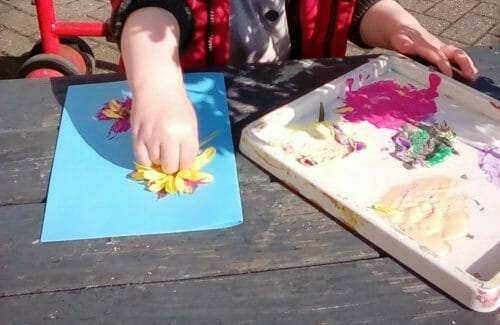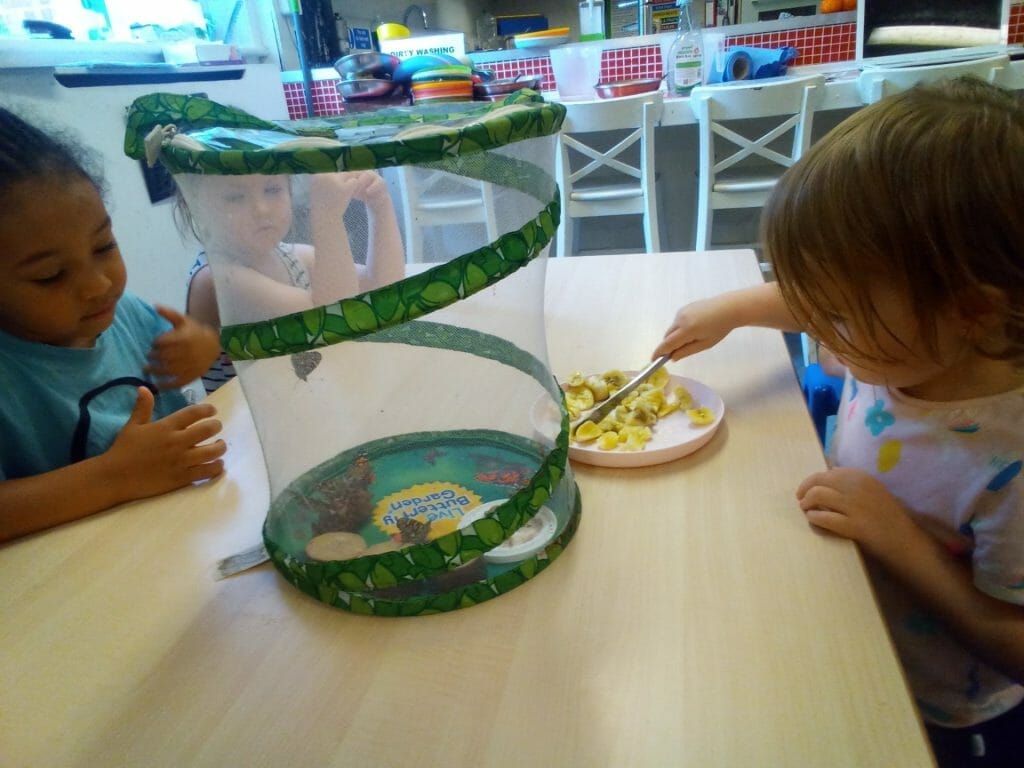Learn Through Play
At Ashbourne Day Nurseries we endeavour to ensure that every child is given excellent opportunities to learn through play experiences.
The child’s key person is able to capture and build on what they see and support the children’s next steps by designing carefully planned learning opportunities to help each child advance at their own pace.
We strive to provide our children with the right environment, support, and experiences so their natural ability to learn is promoted and maintained.
The environment within Ashbourne Day Nurseries is also shaped in such a way to promote a child’s independence and decision making. Areas within our nurseries are set up with thoughtful nooks and well-appointed retreat which also allow children space to talk, chat and interact.
Environments to inspire learning opportunities
Play encourages children’s in-built curiosity and desire to make sense of the world around them. This encourages children to express themselves and build on their knowledge.
Our nursery practitioners are passionate about creating inspiring environments, which empower all children, laying down the foundations for the future, to instil a lifelong love of learning.
Playing in our secure environments with our support allows children to explore, investigate and learn through play experiences.
Our nursery practitioners recognise that establishing a sound environment captures the children’s interest which in return allows them to focus on observing children’s play. Observing your child during play enables our practitioners to fully understand your child’s individual learning needs and interests.
Children also benefit from an indoor-outdoor environment, where the two environments complement each other with a range of exciting learning opportunities. Our nurseries are set out so that one area flows naturally into another. Our environments influence every child on a daily basis, it provides children with a wealth of learning opportunities that encourages all to explore, problem-solve and inspire.
Mark Making
An excellent way to develop a child’s fine motor and early writing skills.
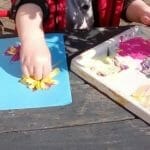
Outside Play
An excellent way to develop a child’s fine motor and early writing skills.
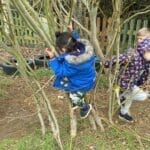
Role Play
Provides children with activities and opportunities that reflect their personal experiences.
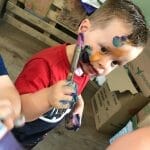
Child-led Play
We encourage our children to be independent with their decision making.

Mark Making
Founding skills in early writing
Early writing skills can be described as developing early writing and creativity. It is an excellent way to develop a child’s fine motor skills and gives children the opportunity to express themselves and explore new materials creatively and allows each child to communicate their feelings through their drawings.
Children are inspired to create marks using their fingers to draw in the sand, paint on an easel and outside where children explore the natural world around them.
Older children are also able to extend this learning when they play games that relate to the real world, helping to encourage these skills. Examples include writing restaurant menus, shopping lists or pretending to take the register.
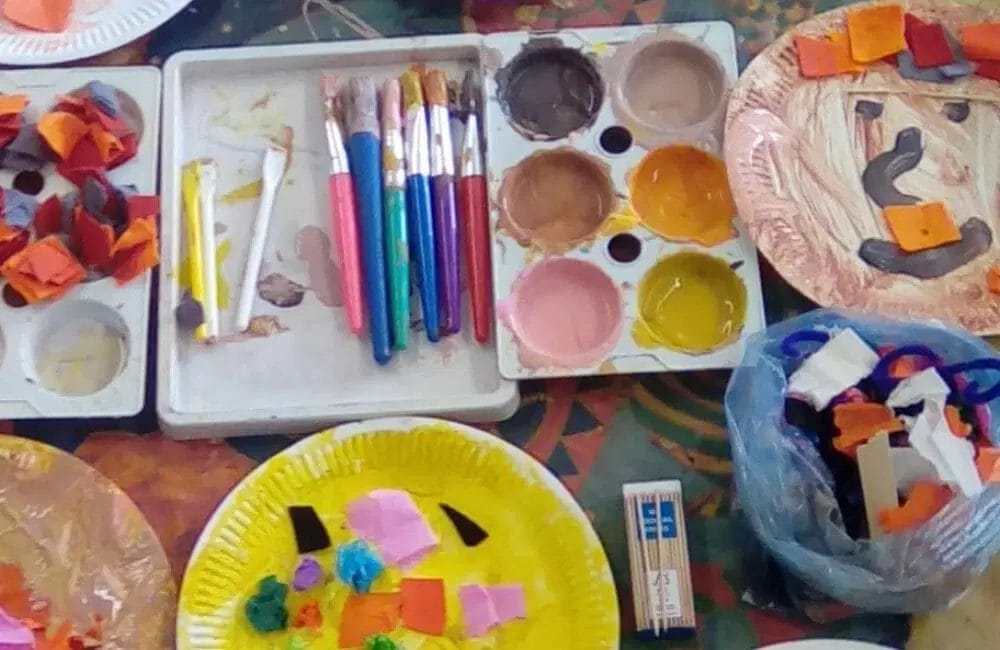
Outside Play
In our nursery gardens, children enjoy the outdoor play equipment as well as natural climbing opportunities.
These opportunities allow children, who are natural climbers, to challenge their increasing mobility and confidence. This type of play allows the children not only to develop their physical skills, but to discover what they can achieve by themselves, increasing their self awareness and self esteem.
Outdoor environments give our children the opportunity to engage with others, developing their knowledge through play and interaction with other children and adults.
Outside play also builds self-esteem, confidence, cooperation skills and gives children the opportunity to develop their imagination, creativity, mathematical and physical skills.
All babies and children have access to construction learning opportunities, including blocks. Block play helps children to experiment with concepts such as design, balance and building. It can also be used to support storytelling and role play, develop mathematical skills and allows children to act out their ideas.
Outdoor play also involves the use of crates, planks and tyres that allow children to build and construct on a much larger scale.
Role play
Role play gives children the opportunity to reflect their own personal experiences in their learning. Examples of role play might include a shop, a school, a post office or hairdressers. Through role play, our children develop their understanding of the world around them. Role play also allows the children to engage with others, developing their knowledge through play and interaction with other children and adults. It also builds self-esteem, confidence, cooperation skills and gives them the opportunity to re-enact their past experiences.

Child-led play
Child-led play is allowing the children within our care to learn in the ways that they need to in order to grow and develop at their own pace.
We understand that every child is different, and each will follow their own ideas for playing and learning. Whether a child is in their own little world or interacting and playing with other children they are doing it in their own way.
Children will often observe any new situation before engaging, so we allow them all the time they need to become comfortable enough to engage with the play.
As a Inspirator for your children, it is our job to follow their lead and to support them when required or requested, and to watch and wait as they discover, create, and explore.
